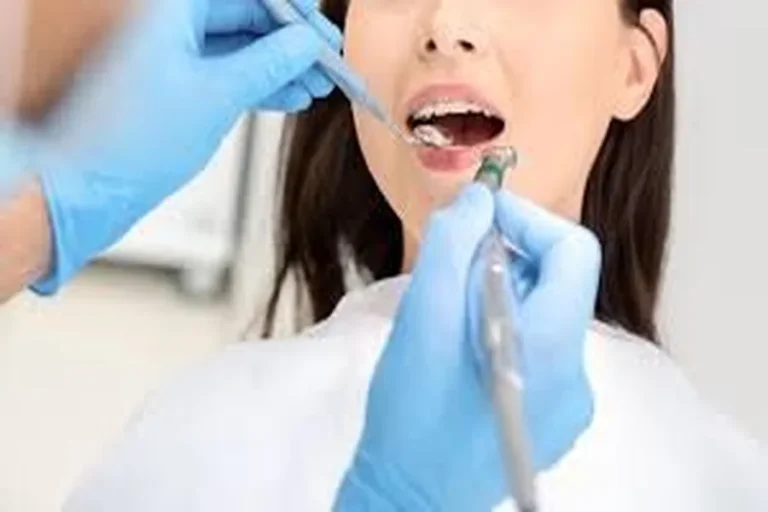Preventive dentistry might seem minor, but its impact is huge. You often overlook small steps like brushing and flossing. Yet, these simple tasks prevent serious dental issues. Tooth decay and gum disease can lead to big health problems, even affecting your heart. You avoid these risks by taking care of your teeth. Preventive care saves you money and pain. Instead of expensive treatments later, focus on consistent care now. A dental implant specialist in San Jose would tell you that brushing, flossing, and regular check-ups are your best defense. You don’t just protect your teeth; you safeguard your overall well-being. By being proactive, you ensure a healthier mouth and body. So, don’t underestimate the power of preventive dentistry. Start today with small, manageable steps. You’ll thank yourself later when you avoid costly and painful treatments. Prevention is not just an option. It’s your most powerful tool.
Understanding the Basics
Preventive dentistry focuses on maintaining your oral health to prevent decay and disease. It includes daily care routines and regular visits to your dentist. You might think it’s just about preventing cavities, but it’s much more. By keeping your mouth healthy, you help prevent other health issues. Dental health is closely linked to overall health, affecting your heart and more.
Comparative Costs: Prevention vs. Treatment
It’s easy to dismiss preventive care as unnecessary. However, the costs of neglect can surprise you. Let’s look at how prevention compares to treatment costs:
| Service | Preventive Care Cost | Treatment Cost |
|---|---|---|
| Regular Check-Up | $50-$150 | – |
| Cleaning | $75-$200 | – |
| Filling | – | $150-$350 |
| Root Canal | – | $700-$1,500 |
As you see, prevention costs much less. Regular check-ups and cleanings can prevent the need for fillings and root canals. Investing in preventive care is your best financial choice.
Preventive Measures You Can Take
You can take several steps to maintain your dental health. Here are three key actions:
- Brush twice daily with fluoride toothpaste. Use a soft-bristled toothbrush and replace it every three months.
- Floss every day to remove food particles and plaque between teeth.
- Visit your dentist regularly for professional cleanings and check-ups.
These steps are simple and effective. By making them part of your routine, you create a solid foundation for oral health.
Health Benefits Beyond Oral Care
Good dental habits do more than keep your teeth clean. They support your overall health. Gum disease can increase your risk of heart disease and diabetes. By preventing dental problems, you reduce these risks. The Centers for Disease Control and Prevention highlights the link between oral health and heart conditions, emphasizing the importance of preventive care.
The Role of Diet and Lifestyle
Your diet and lifestyle also play a part in dental health. Sugary foods and drinks promote tooth decay. Choose water, fruits, and vegetables to protect your teeth. Smoking and heavy alcohol use damage your mouth and gums. By making healthy choices, you support your dental and overall health.
Children and Preventive Dentistry
Prevention starts early. Teaching children good habits sets them up for a lifetime of dental health. Use fun toothbrushes and flavored toothpaste to encourage brushing. Make flossing a family activity. Regular dental visits help children become comfortable with dentists, reducing anxiety and promoting lifelong care.
Conclusion
Preventive dentistry is your best tool for maintaining oral and overall health. By focusing on simple daily habits, you avoid costly and painful treatments. You also support your body’s well-being, reducing the risk of serious health issues. Start these habits today. Your future self will be grateful for the care you take now. Prevention is a choice you make every day, with lasting benefits for you and your family.

